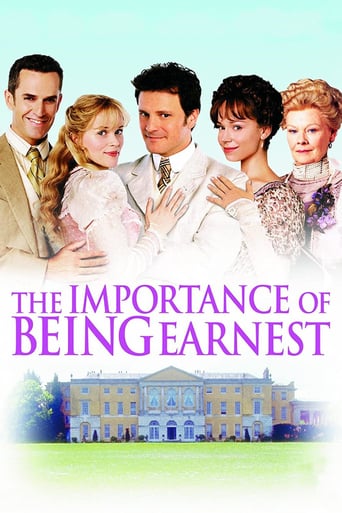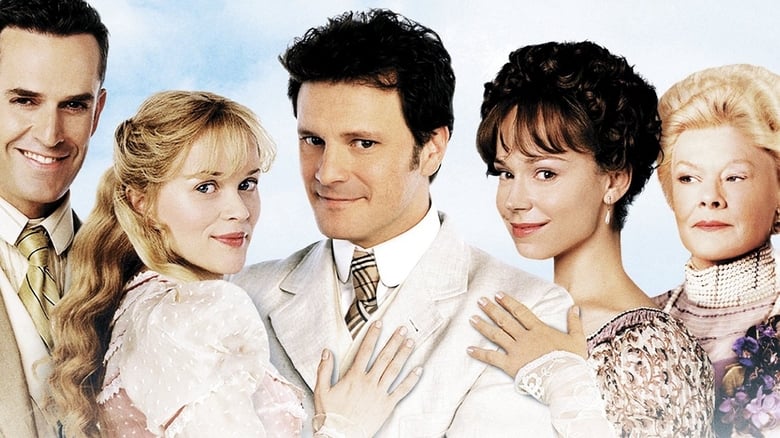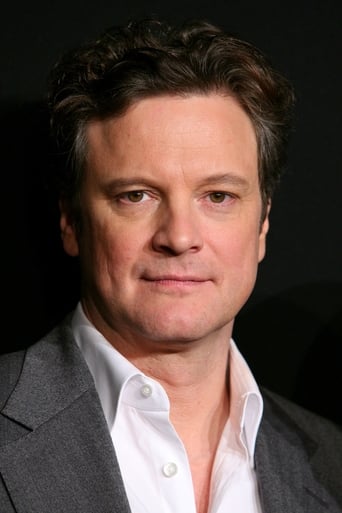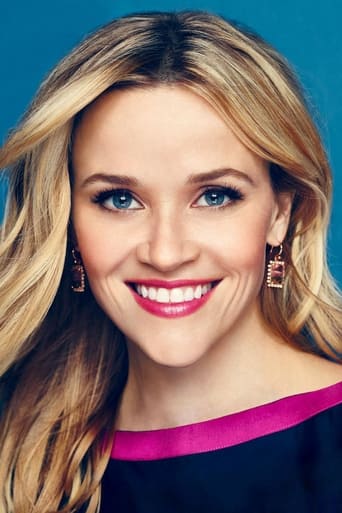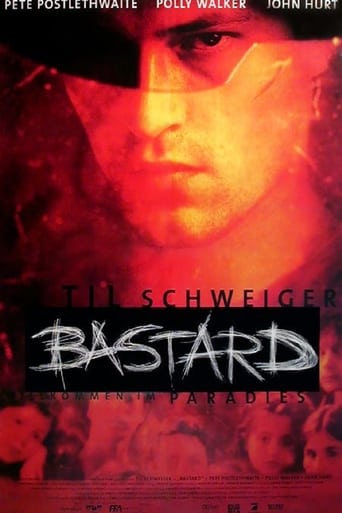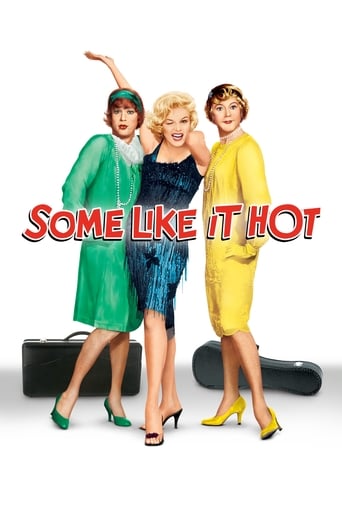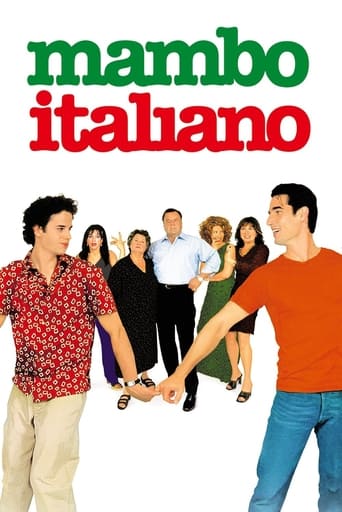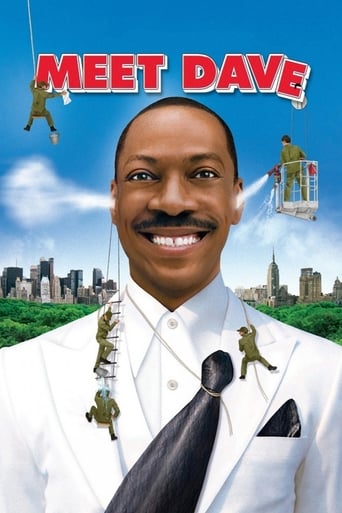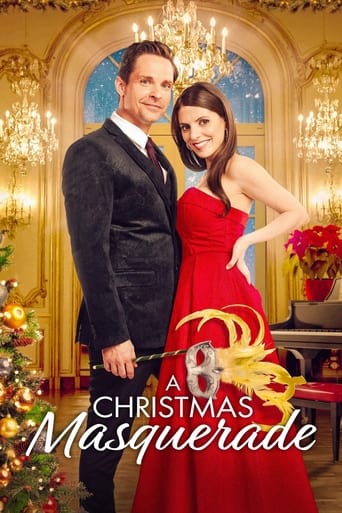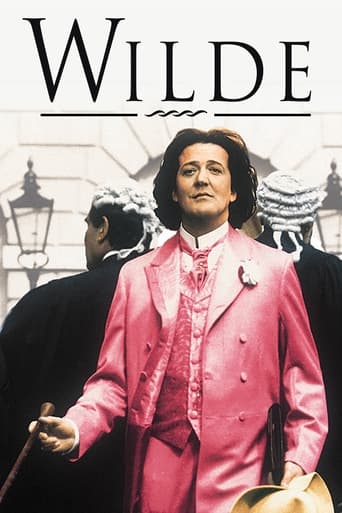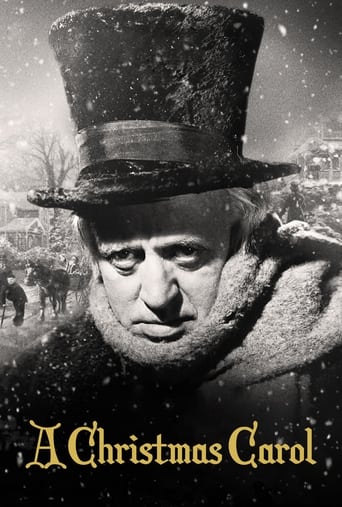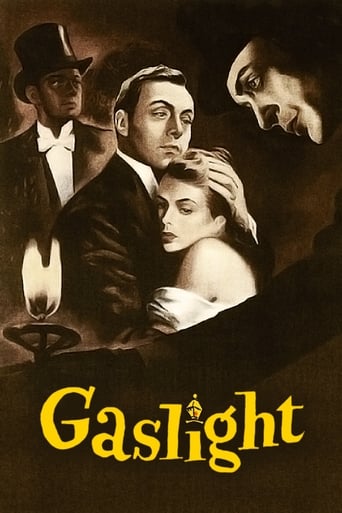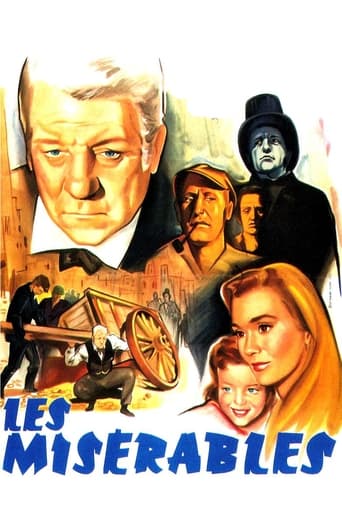The Importance of Being Earnest (2002)
Two young gentlemen living in 1890s England use the same pseudonym ("Ernest") on the sly, which is fine until they both fall in love with women using that name, which leads to a comedy of mistaken identities...
Watch Trailer
Cast


Similar titles
Reviews
As much as I love the play by Oscar Wilde, which is deliciously witty, this film adaptation is also very witty as well as charming. It is beautifully filmed, with gorgeous cinematography, scenery and costumes, and the music is wonderful. The script is lovely, the story is intact and the direction is good. The pacing can be leisurely at times, but it is solid on the whole. And the acting is very good; Rupert Everett is superb as the cad, Judi Dench is outstanding as Lady Bracknell and Colin Firth(while I preferred him in Pride and Prejudice) is excellent as Jack, who pretends to have a brother named Ernest so that he can escape his stuffy country home for a wilder lifestyle in London. The only casting issues, for me that is, were Reese Witherspoon and Frances O'Connor who were both looking and sounding rather too modern.In conclusion, it is a good film, benefited by the acting and production values. 8/10 Bethany Cox
"The Importance of Being Ernest" requires quite a bit of patience to endure it's first half or so until it more or less redeems itself with a quite entertaining second. Yes the earlier parts seem random hit and miss scenes with little motivation and rambling. However it begins to come into focus more, and a strong ensemble cast for the most part carries the movie in an undeniably British way even with Witherspoon along for the ride so to speak. Judi Dench hits her part right on as she does so well as a duchess type queen-bee bossy and befitting as ever. With the whole cast together for the last 20 min, the director, writers, and film-makers pull the movie up charmingly. So this comedy of destiny and family is a bit of mix, but overall on the good side of things....worth a look.
07 FEB 2008 Owing to my good studies at Paris University under the tutorial of the late Professor Robert Merle, the tremendous author of "Weekend à Zuydcoote", "The Day of the Dolphin", etc., who wrote is PhD thesis on the life and work of Oscar Wilde, Writing this comment I have just discovered that my revered Professor had passed away in 2004, and I feel a pinch in my heart, yet his teaching, jokes, good humor and immense knowledge of the English Literature - which got him on the boat that took him to free London after the debacle of the French Army at the beginning of WWII; "Weekend at.." is a true biographical story - will always remain in my mind and in my heart; this is a true Byronian addendum So owing to my said studies and my preferred taste, I know most of Oscar Wilde's work by heart, and especially TIOBE. I read some of the comments, the ones, who like this version and the ones, who do not appreciate it.No one has underlined that the strength of Oscar Wilde's wit is his brilliant, sharp and acute use of paradox, which my Random Dictionary defines as:"1/ a seemingly contradictory or absurd statement that expresses a possible truth; 2/ a self-contradictory and false proposition; 3/ a person, thing or situation exhibiting an apparently contradictory nature; 4/ an opinion or statement contrary to commonly accepted opinion." or in the case of Oscar Wilde all the 4 propositions very smartly intertwined in this play, his very best. Of course he uses paradox in his previous plays, but here in TIOBE he has achieved the top effects of all the 4 paradox possibilities at their best. And this is what makes this play so enjoyable not only at the time of Queen Victoria, but at any given time : mothers will always try to get the best possible match for their off-springs, and this was true in 1890 and in 1990 and in 2002..... Nothing has changed, except for the way we dress, speak, etc. And as one commentator wrote very sensibly, in this version "we do not hear four-letter words, farts, burps, or see tits, and more buttocks, "I must say that I have found this version of the play very true to the intention of the author, and no, Oscar Wilde would not turn in his grave, I am sure he would be very pleased and have a great time. I want to add that all the actors, including the two butlers Edward Fox and Patrick Godfrey, have done a terrific job, and I want to say that Dame Judi Dench has done tremendously with Lady Bracknell (which I thought she had not done so well with Lady De Bourg in the latest version of P&P), I may not like so much the additions of the Muses in the bushes, etc.., but this is a movie and not a PLAY on a stage. A play may lend itself to interpretations and some changes, since there are no clear-cut limits imposed by the author. Regarding P&P, for instance, the author has written in the NOVEL exactly all he or she, she in this example, wants to see and all she needs to bring her ideas to the mind of the readers, this is why I tend to be very demanding of the directors to respect the text of the authors : they cannot do what they jolly well please !!! Please go and enjoy !
I seldom comment on these things, and even more rarely to express disapproval, as art is always difficult, and one wants to commend the attempt...but, long-term fan of the writer though I am, I found myself in parts of this wondering if Oscar Wilde was really as funny as I had always found him. But of course he is. ( Why, Pacino and company found rich depth of humor in Salome...I had never even suspected...) The fault here lies with the filmmakers, and rests most particularly with Mr. Parker's curious decision to confine his attempts to be funny to self invented scenes of tattooing and ballooning and such, and play most of the actual Wilde as a drama. The line readings are slow, the Polonius light character of Lady Bracknell is given to Judi Dench, an actor of tremendous gravity, the basket scene is played as if it were the unmasking of Oedipus - I kept expecting references to pinioned feet. I haven't even mentioned the anachronistic song number, which wouldn't have worked even had the piece been set in the twenties. Just appalling.I shouldn't complain, I suppose. The piece does have a curious, unintended virtue. The actors, in playing for subtext, and meaning (Lady Bracknell understands the personal transformation Firth intends to symbolize speaking of the death of Bumbury, as she looks deeply into Firth's eyes...I am not making this up), in playing for depth...render Wilde's piece completely clichéd and superficial. It's much deeper as froth. As an interpretation of Wilde's play, "The Importance of Being Ernest" is an utter failure. But as an illustration of certain of his aesthetic theories, it's priceless...

